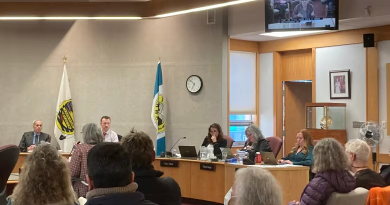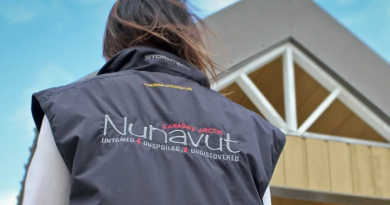Youth protection officials in Nunavik say they can no longer ensure children’s well-being
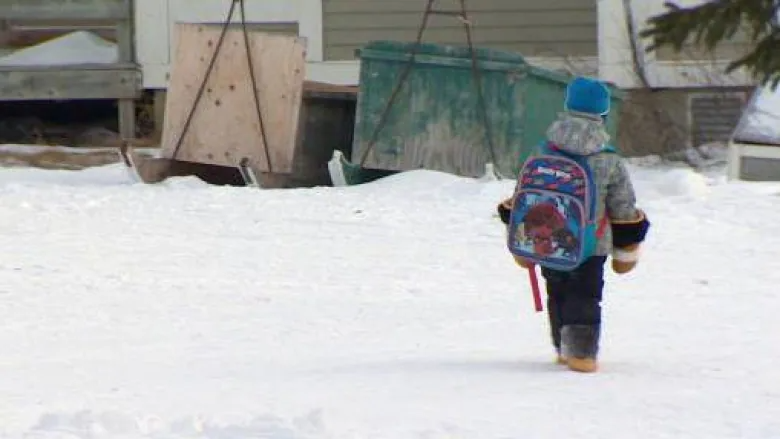
· CBC News
Social workers babysitting children in their offices because of foster family shortage
Youth protection workers in Nunavik, Que., are sounding the alarm over the shortage of foster families and childcare spots in the small towns near Hudson Bay.
It has reached the point where social workers can no longer ensure the well-being of children under their care, said the Hudson Bay Dispensary Workers’ Union.
In a news release issued Nov. 9, the union described the situation as out of control because there are not enough foster families to care for children who were removed from their homes for safety reasons.
Social workers acting ‘daycare providers’
The interim president of the union, Gailene Thomas, says some workers have stepped up and find themselves working around the clock.
“This situation has been ongoing but it has never been so severe,” said Thomas.
“Workers are working overtime … And so they find themselves being daycare providers versus doing their work as (Directeur de la protection de la jeunesse) DPJ workers. They find themselves with children in the office during the day, working at night and on weekends.”
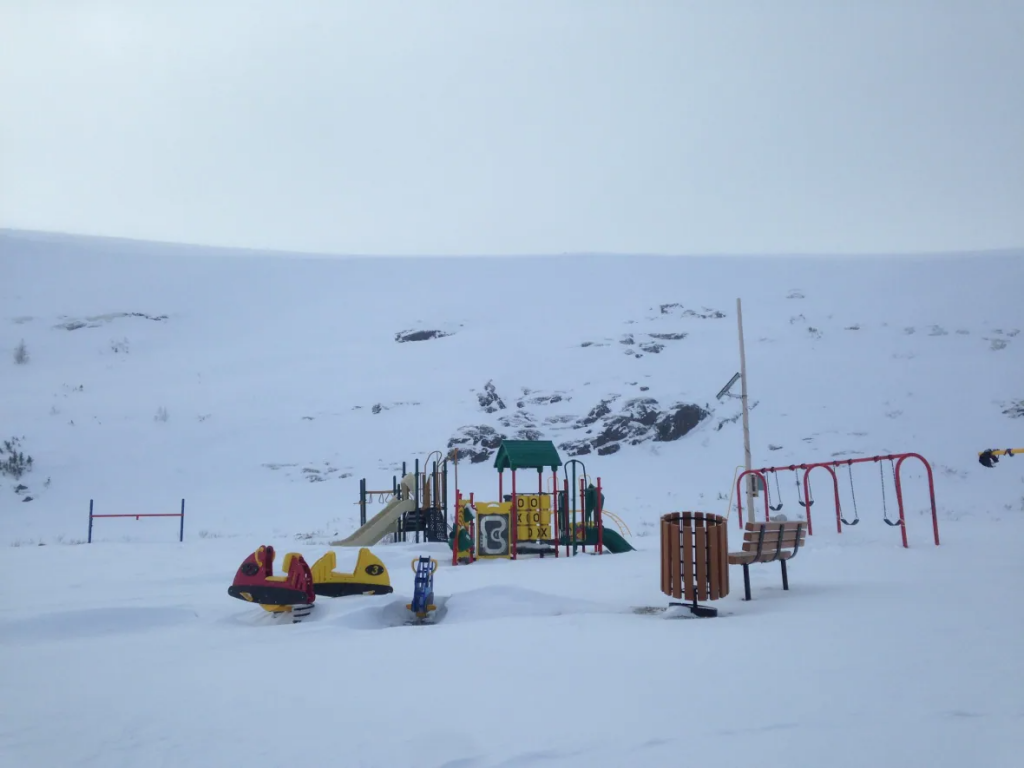
She says there has been a general lack of foster families for some time, but the situation worsened about two months ago.
“I don’t know if there’s any concrete reason, but … it’s a general lack of applicants of people who meet the criteria to be foster families,” said Thomas.
‘Domino effect’ on children in care
The union says these circumstances have led to situations where up to seven children, most of them infants, have to be looked after by two social workers.
Some children have been in 10 different foster homes within a period of 14 days, said Roxanne Parady, who represents health and social services technicians and professionals.
“We know that instability can impact childhood development and it is really disturbing to see that,” said Parady, in the news release. She says two children were subject to physical abuse because of the lack of foster families.
“Does another child under youth protection have to die before action is taken?” said Parady.
The situation, heightened by “constant staff turnover,” means there is a high risk for error, Thomas said.
“It’s going to just escalate. It’s a domino effect …The interventions and follow-ups needed for the other children can no longer be done on time. This leads to an escalation of problems where almost every file becomes urgent, opening the door to explosive situations where the DPJ can no longer ensure the protection of children,” said Thomas.
“How can [social workers] do their job that they were hired to do?”
Cultural barriers between social services and the community
Ellasie Annanack says it’s “heartbreaking” to see the impact on children under care in the region.
She is a counsellor at Qarmaapik House, a centre for parents and children in Kangiqsualujjuaq in Nunavik. Their organization offers services to keep families together and ensures Inuit resources intervene when families need help.
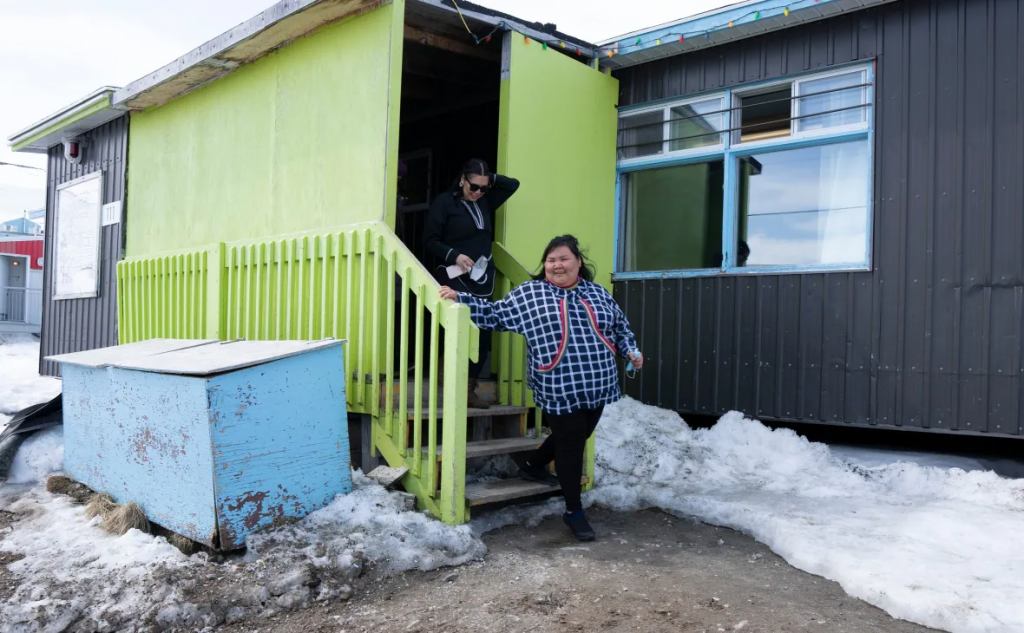
Although Kangiqsualujjuaq is not located near Hudson Bay, Annanack says the lack of foster families has been widespread all over Nunavik for some time.
She notes there are a number of contributing factors, including cultural and language barriers between social services and the community.
Another issue is the absence of Inuit workers in the system, said Annanack.
“Having social services is really a good service to have,” said Annanack, who was a foster parent.
“We don’t have a lot of people that are able to go into those positions even if they’re capable because we lack education to be in the roles.”
She says although they have a lot of “good community players,” the opportunities to work in the system and provide culturally sensitive care are not available. She says having more Inuit workers could make a difference moving forward.
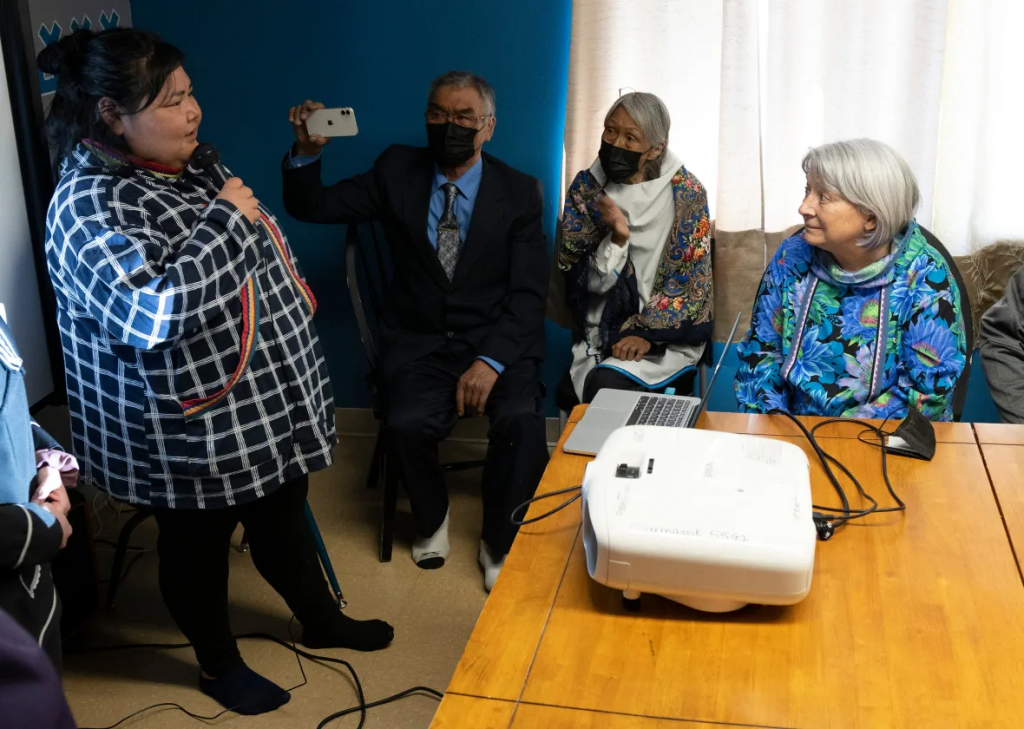
Need for more resources
In trying to find solutions, Thomas says workers will be “knocking on doors in the community asking for people to help out with these children.”
She says the solution is more resources.
“The provincial government, the regional government, they have their work to do,” said Thomas. “It’s all about the government making sure that workers … have the resources that are needed to do their job.”
At this point, she says, the mental health of workers is at risk.
The minister responsible for youth protection, Lionel Carmant, would not comment. But his office acknowledges the situation in Nunavik is worrisome and it says the ministry is working with the health board and youth protection to try to find solutions.
Related stories from around the North:
Canada: Ottawa Inuit org signs agreement to help families involved with child protective services, Eye on the Arctic
United States: Alaska and its tribes sign child services agreement, Alaska Public Media

